Search
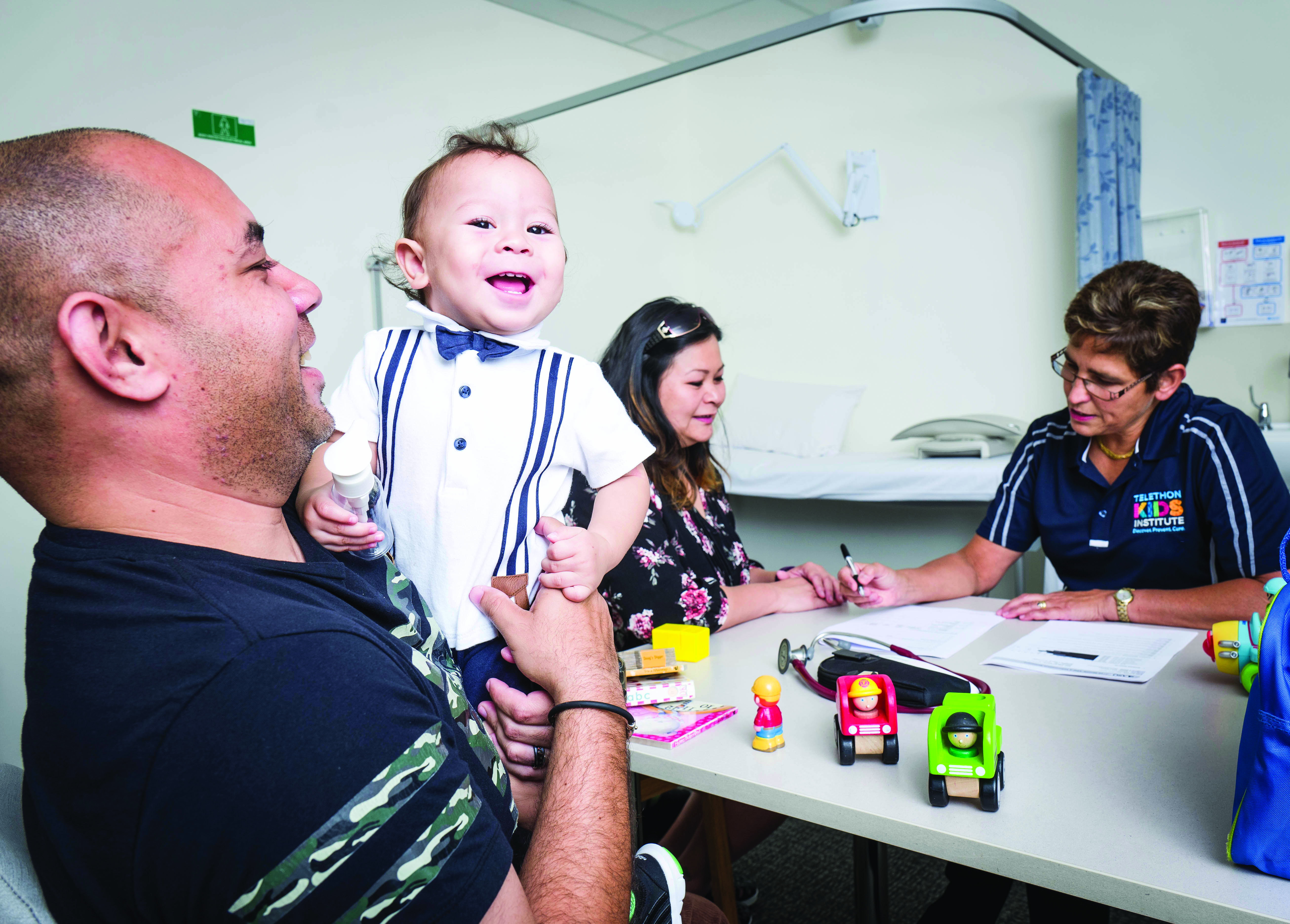
News & Events
ORIGINS named in multi-million dollar investment towards child healthORIGINS named in multi-million investment towards child health
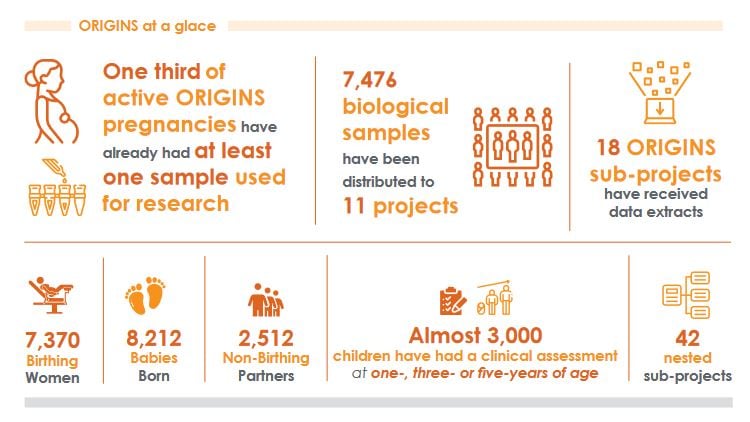
The impact of ground-breaking research is helping ORIGINS families

News & Events
ORIGINS Family Fun Day 2023Families gathered in the autumn sunshine to celebrate ORIGINS
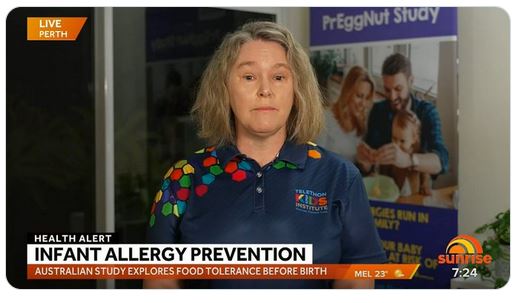
News & Events
Changing advice for parents on food allergiesDr Debbie Palmer spoke to Ch7 Sunrise about the changing advice for parents about the development of food allergies in kids.

News & Events
Recruitment of active participants comes to an end for ORIGINSORIGINS has officially reached the study's five-year goal of recruiting 4,000 active participants to the project and has closed recruitment of new families into the active cohort.

News & Events
Nature Play & Grow - based on science but promoting playA pilot program, teaching families how to 'play' in nature, has been shown to be effective in helping families unlock the mental and physical health benefits of connecting with nature and community through outdoor play, easily, and locally.

News & Events
HBF and ORIGINS Helping Fathers to FlourishA new partnership with HBF will help fathers in their transition to parenthood
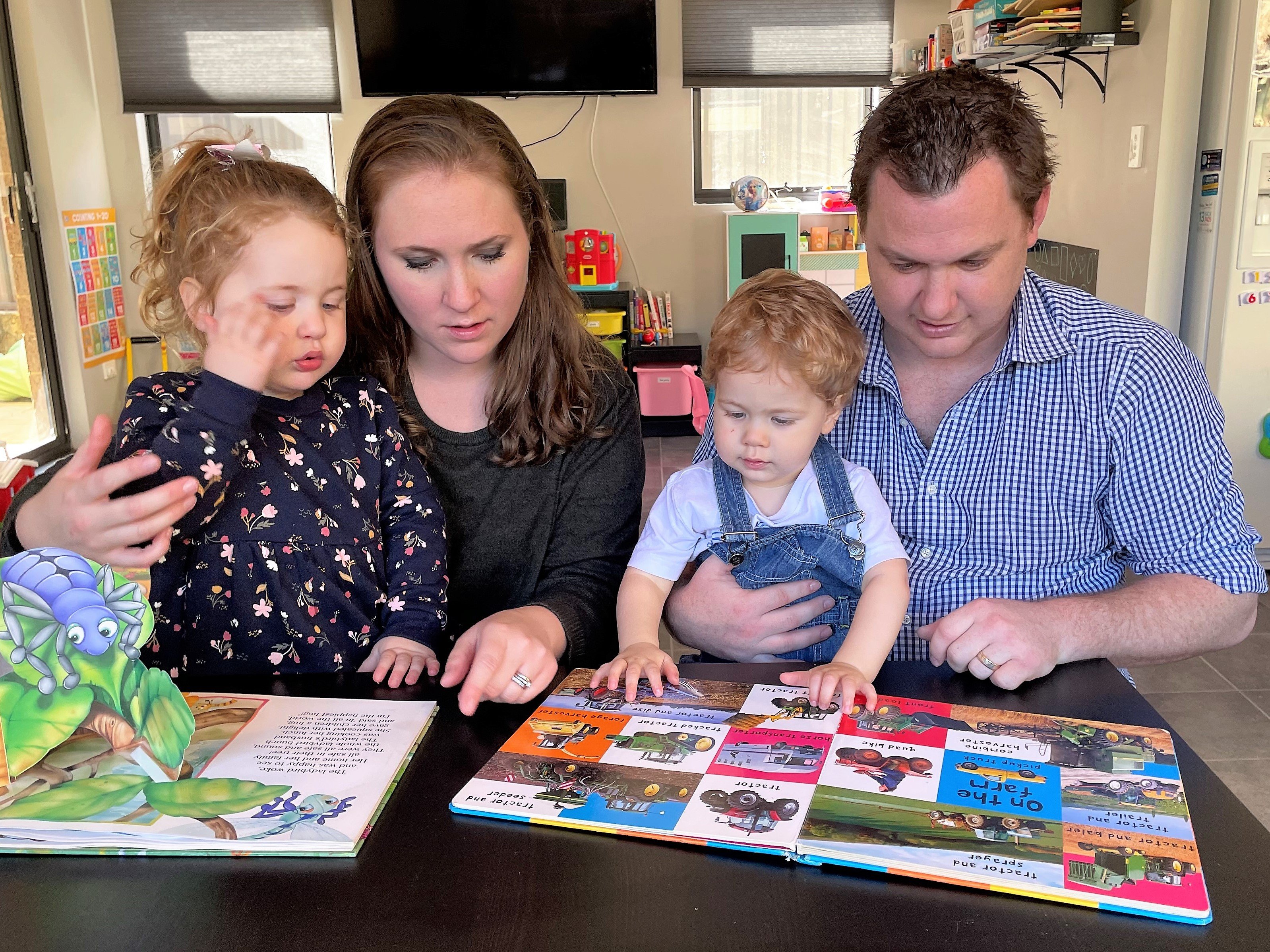
News & Events
Sharing the ORIGINS story on ABC DriveORIGINS chats to Geoff Hutchison about the impact of the study

News & Events
SYMBA study boosted by WA Child Research FundORIGINS' SYMBA study awarded State Government grant to extend vital research into allergies
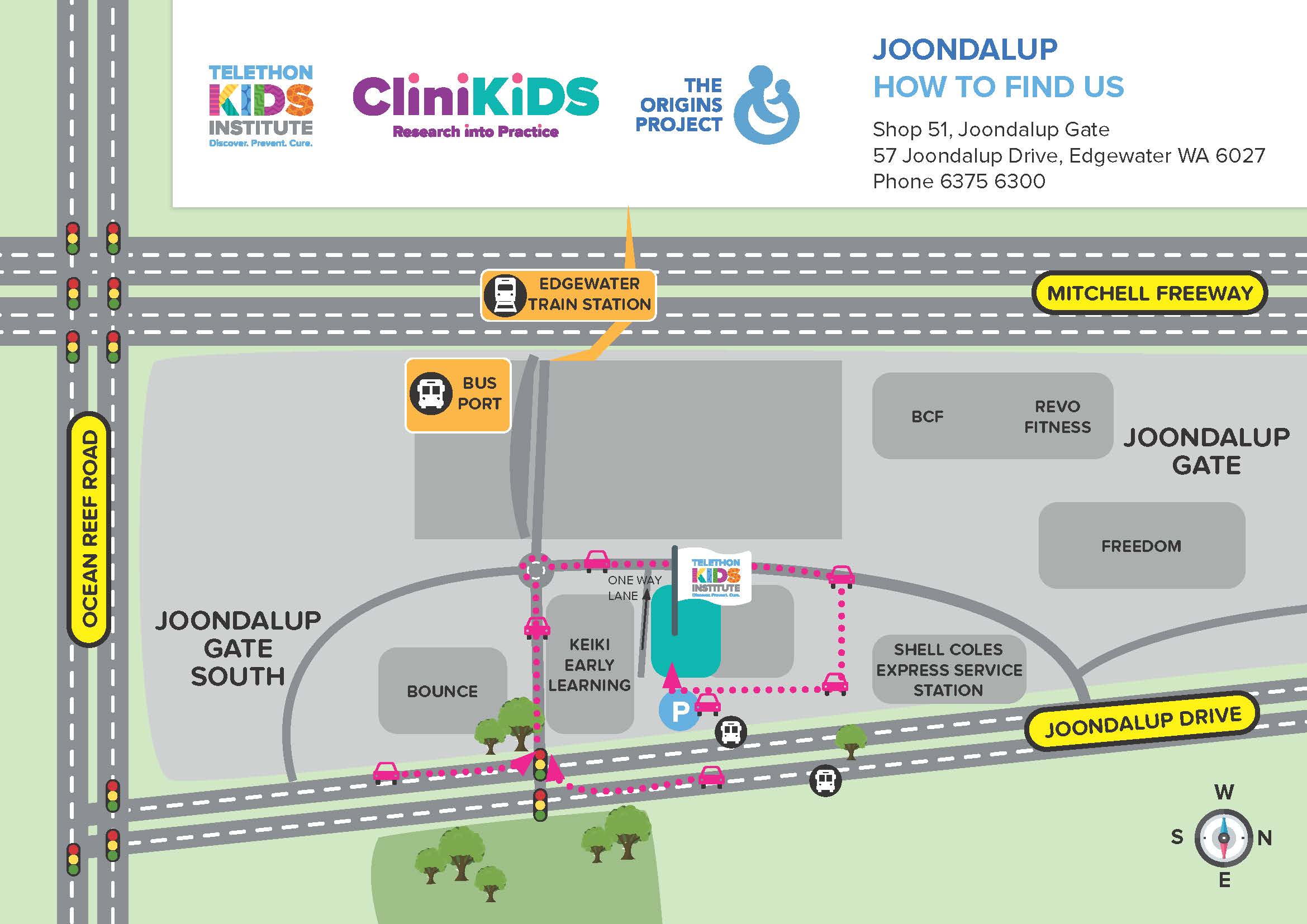
News & Events
New Home for ORIGINSThe Kids Joondalup will be the new home for the ORIGINS research and data teams
